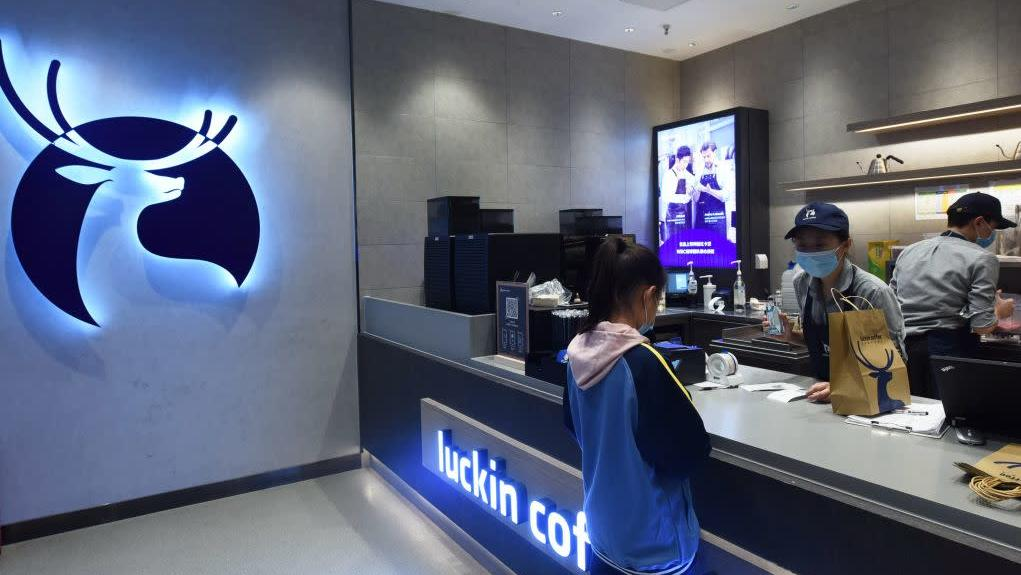Luckin Coffee, The Great Global Challenge To Starbucks, Was A Total Sham
Luckin Coffee was founded in 2017 with the goal of surpassing Starbucks in China by the end of 2019. In December, it had apparently succeeded: it had 4,910 locations in China to Starbucks' 4,300. But in April, Luckin revealed that its fabulous success had been a fake. In 2019 its executives had fabricated the equivalent of $310 million in sales. Its stock price immediately plummeted.
Now The Wall Street Journal explains how the whole scam worked:
It turns out that Luckin sold vouchers redeemable for tens of millions of cups of coffee to companies that had ties to Luckin's chairman and controlling shareholder, Charles Lu.... Their purchases helped the company book sharply higher revenue than its coffee shops produced.
Meanwhile, other internal documents showed a procurement employee called Lynn Liang processing more than $140 million of payments for raw materials such as juice, delivery and human-resources services. Ms. Liang was fictitious, according to people familiar with Luckin's business.
Luckin wasn't known for its great coffee. Instead it positioned itself as a tech company; its main asset was an app that allowed customers to place orders for pickup or delivery, sometimes within half an hour. It initially lured customers with vouchers for free coffee and coupons for further discounts. (In China, where coffee is still more expensive than food, this was a huge incentive.) For all its explosive growth, though, some observers noted that Luckin cafes seemed suspiciously unbusy.
Luckin began fabricating transactions to make itself appear more profitable than it was in April 2019, the month before its IPO, which raised $651 million. The scheme to sell coffee vouchers to corporations—many of which were small, little-known companies in China who placed their orders overnight—began in May.
Luckin is still in business. It fired its top executives that were responsible for the fraud and is petitioning to keep its NASDAQ listing. The WSJ didn't report how many of the cafes are still in business. But it bears reminding: if something seems too good to be true, that's because it is.
